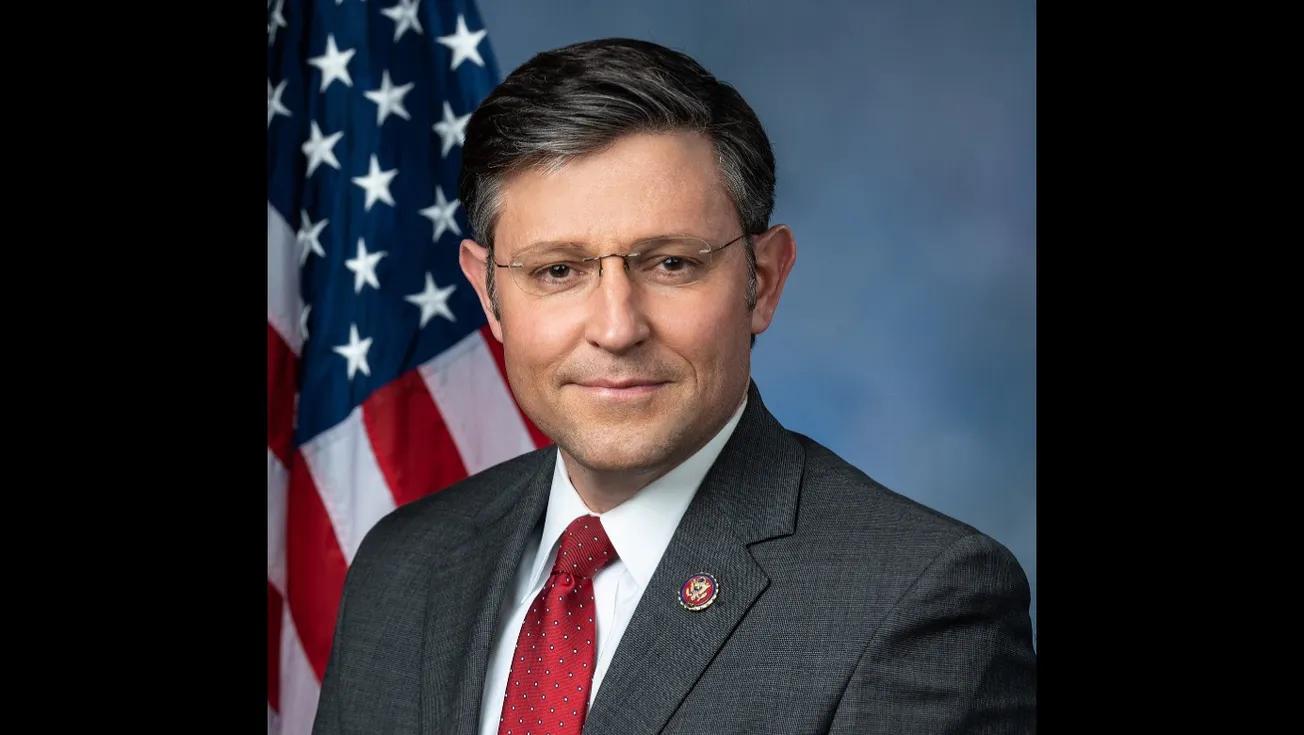New House Speaker Mike Johnson, who represents a 41-percent rural district in northwest Louisiana, “is known for placing his evangelical Christianity at the center of his political life and policy positions” and “has expressed skepticism about some definitions of the separation of church and state, placing himself in a newer cohort of conservative Christianity that aligns more closely with former President Donald J. Trump and that some describe as Christian nationalism,” write Annie Karni, Ruth Graham and Steve Eder of The New York Times. “Now, as the most powerful Republican in Washington, he is in a position to inject it squarely into the national political discourse, where he has argued for years that it belongs.”
But Johnson might not have been elected speaker without assurances he gave to Republican moderates from closely divided districts, suggest Marianna Sotomayor, Jacqueline Alemany, Leigh Ann Caldwell and Theodoric Meyer of The Washington Post. They report that Rep. Marcus J. Molinaro of New York, a freshman from a swing district, “spoke with Johnson about his track record of remarks, op-eds and bills criticizing the LGBTQ+ community,” and “Johnson reassured Molinaro that he would no longer represent just his conservative Louisiana district, according to a person familiar with the conversation. Instead, Johnson continued, he would represent the entire Republican conference and protect vulnerable swing-district incumbents like Molinaro. Molinaro went on to support Johnson on the House floor, and was chosen to escort Johnson into the chamber once he was elected, which vulnerable Republicans considered a sign that the ultra-conservative new speaker viewed them as part of the team.”
Johnson’s election may have also been a result of political practicality and expedience. Looking at the Nov. 17 deadline when government funding runs out, Republican moderates “made the calculation that a government shutdown would be worse for their reelections than a conservative speaker, especially in an election year when Trump is likely to be on the top of the Republican ticket and Democrats’ main focus — not Johnson,” the Post reports. “The speed of Johnson’s election, which prevented spending much time poring over his record, have left some Republicans alarmed at what reporters and researchers have already unearthed.”
But moderates and other “governing-focused Republicans” say Johnson’s relative anyonymity is a good thing. One told the Post, “It’s a great opportunity. Think about it. He’s a blank canvas to everyone else. He has the capacity to now build up his reputation and I think he’s suited to kind of build it by holding us together, not forcing us into things we don’t want to do.” Such members “consider Johnson more malleable than McCarthy," the Post reports. “Johnson — who told Republicans he met with that he has an ‘open heart, open mind’ — knows he must decide how to spend his political currency and whether to use it to fulfill promises he’s made to lawmakers.”
“Moderate House Republicans say they have no qualms about his voting record,” Ken Tran reports for USA Today. “They say Republicans still control the House with just a four-seat majority, which means each member can leverage an outsized amount of power with their vote. Just as ultraconservatives wielded power during Speaker Kevin McCarthy's era, moderates can use their votes as loud voices.”
--30--
Cross-posted from the Rural Blog.








